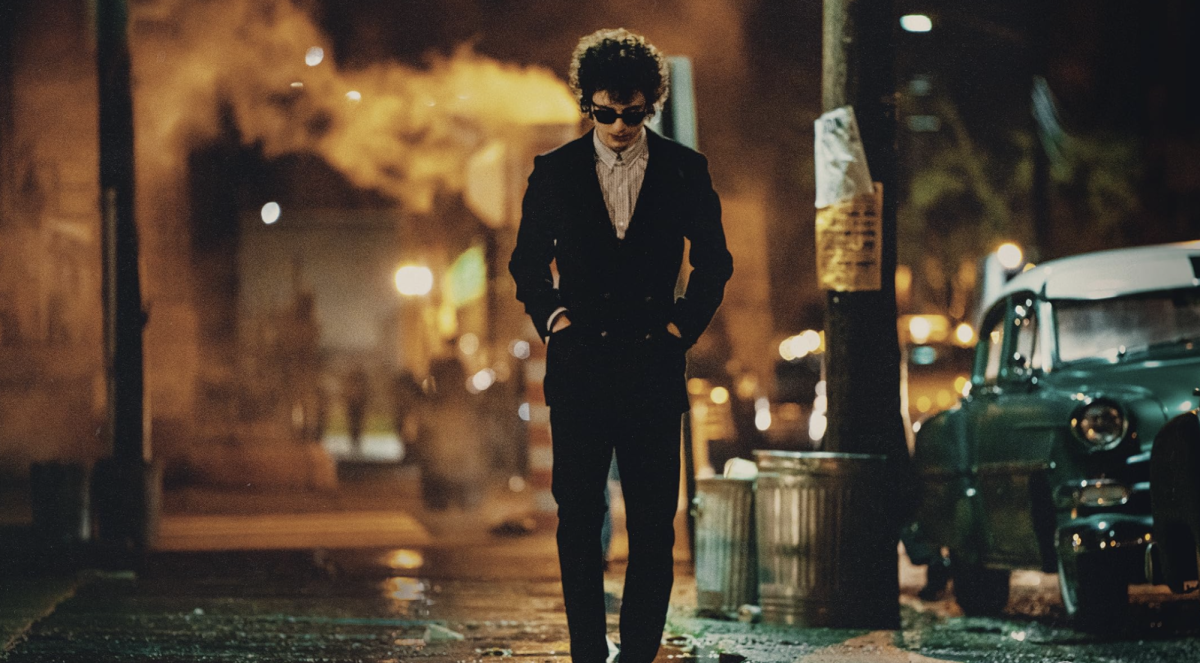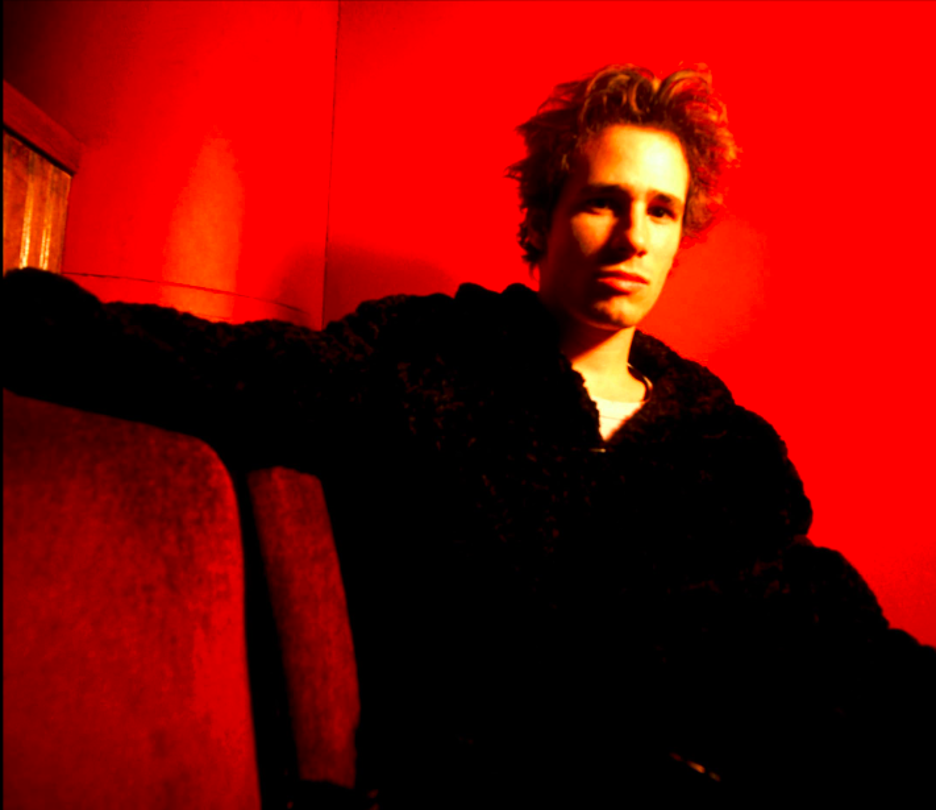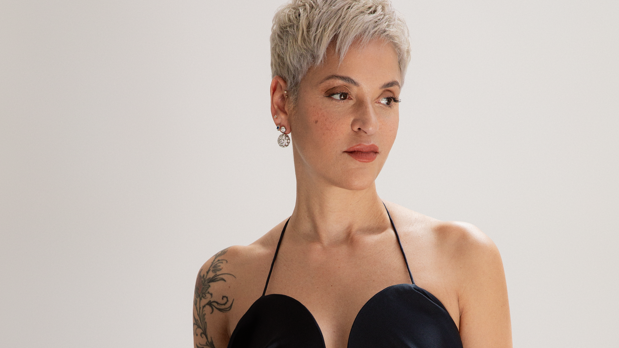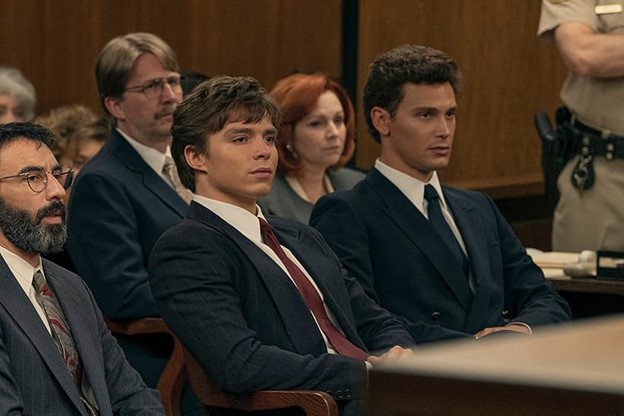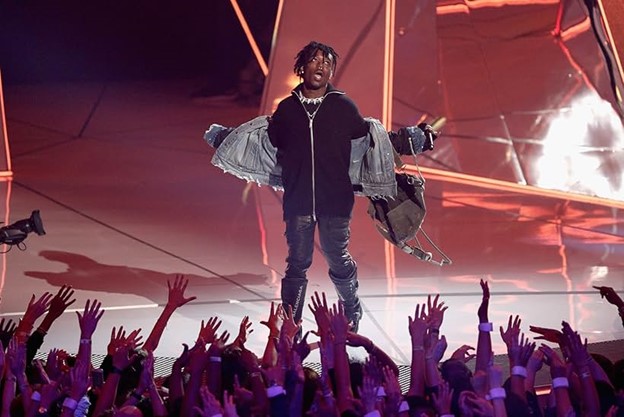
“Macbeth” is awesome. For all of the mountains of praise we heap upon William Shakespeare for his fancy iambic pentameter, the Bard just flat-out knew how to write an old-fashioned potboiler with a hefty dose of greed, betrayal, murder and menace, told all in that wonderful, crackling epic prose. To clarify, I’m talking about the original text. This new cinematic adaptation of the dreaded “Scottish Play,” with Michael Fassbender as King Macbeth himself, has many ideas that intrigue, yet lacks the central humanity that epitomizes Shakespeare.
Director Justin Kurzel’s “Macbeth,” with its striking, hypnotic and meditative cinematography, assumes the viewer already has a familiarity with the play’s narrative, and chooses to dwell in the thematic implications of the imagery it evokes. Tone takes precedence over plot, and anyone unfamiliar with Dunsinane Hill or the Thane of Cawdor or the Great Birnam Wood will be just as confused when they exit the theater as when they enter it.
And that decision to focus on atmosphere over story is certainly one I can respect. After all, we’re dealing with a work several centuries old, taught in most high school classrooms. Anyone without even a vague awareness of the story behind Macbeth’s rise to power in medieval Scotland only has themselves and their SparkNotes dependency to blame.
At the same time, the way Kurzel and company truncate the text frustrates me. The movie hits all the classic story beats – the Three Witches’ prophecy, Duncan’s assassination, Banquo’s ghost, Lady Macbeth’s madness, King Macbeth’s final stand – yet it does not allow those moments room to stand on their own. Iconic characters waltz in on iconic scenes to deliver iconic speeches, and then the film moves on to the next set piece.
Kurzel aims to plunge us deep inside Macbeth’s psyche. With heavy, almost Zack Snyder-esque use of slow motion (and, believe it or not, that observation is meant to be a positive one), we see our tragic hero surrounded by soldiers in the thick of war. Punctuated by the sound of sickening screams and churning guts, these men slaughter each other on the battlefield. Macbeth remains motionless. An invisible barrier separates the man from others around him, and we understand that the Thane of Glamis can never form true connections.
As far as Shakespeare adaptations go, Kurzel’s “Macbeth” may well be the least concerned with the Bard’s actual dialogue. From “Double double, toil and trouble” to “Is this a dagger I see before me,” the actors deliver most of the film’s words through throaty whispers and hoarse grunts. Only Sean Harris as Macduff, with his twitchy rage, seems to break the mold. Fassbender is great as always with his manic, suave intensity, yet he isn’t offered much range. Any time his vocal register spikes even a little bit, it becomes a welcome breath of fresh air.
A fascinating addition to the text comes in the shape of a child. The opening scene features that of a funeral for Macbeth’s daughter. No offspring are mentioned in Shakespeare’s original play, and Macbeth even laments how the witches have placed “a fruitless crown” atop his head. As the specter of Macbeth’s offspring haunts the rest of the film, the source’s original meaning changes. Unhinged by his daughter’s death, before the witches even deliver the prophecy, his descent into madness could more accurately be described as a plummet.
Instead of a cautionary tale about the perils of ambition, Kurzel’s “Macbeth” is about the way grief irreparably alters the way we perceive the world. Lady Macbeth (Marion Cotillard) convinces her husband to kill King Duncan (David Thewlis) midway through intercourse. Without a child, betrayal and murder becomes their progeny. Now, at their lowest points of despair, they have nothing left to lose, so they decide to hurl themselves into even deeper moral depravity.
While a version of Macbeth that explores how the real ghosts never leave us – and often cast evil shadows over us, should we let them linger – works great as a thematic concept in theory, it fails to elicit viewer empathy. Yes, I understand that grief affects decisions, but I don’t know what Kurzel wants to say about how we should handle it, if there’s any solution at all. Given the fact that many scholars refer to “Macbeth” as the first in the horror genre, it’s curious that Kurzel has trouble expressing what he’s truly afraid of. There’s a well-established “what” in Kurzel’s “Macbeth,” it’s the “how” that needs elaboration.
Nevertheless, there is much to admire about this gorgeous, eerie film. Even if not all of the dramatic grafts hang together, “Macbeth” never fails to engross. Justin Kurzel is a talented filmmaker. His sense of calculated carnage carries over into Elizabethan literature. For this reason, even when “Macbeth” struggles to establish an emotional connection, its gorgeous production design and audacious choices makes it worthy of respect.
Nate Taskin can be reached at [email protected].








